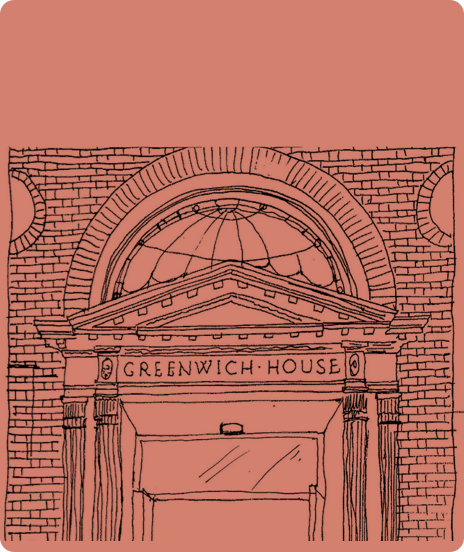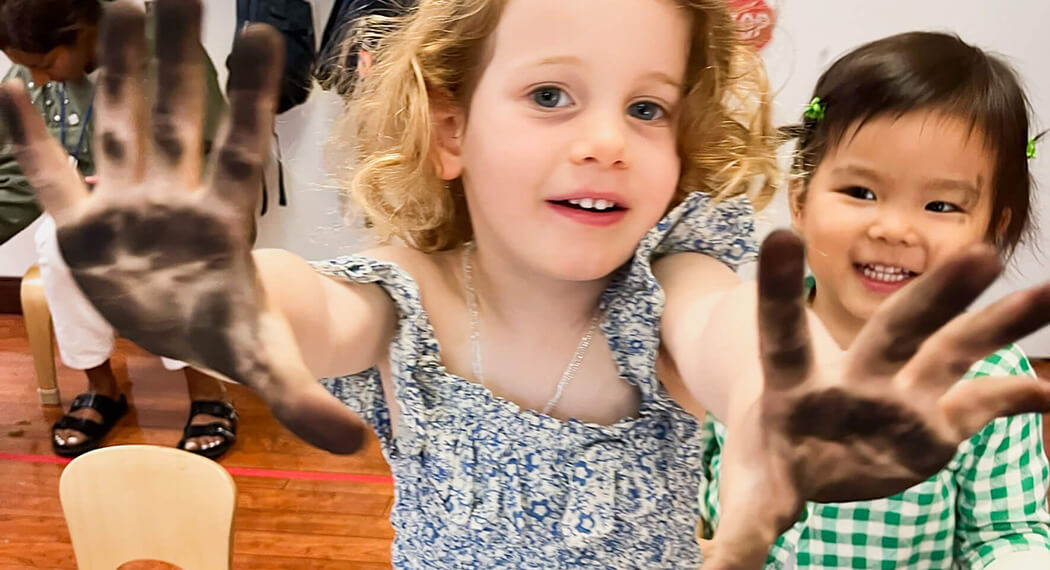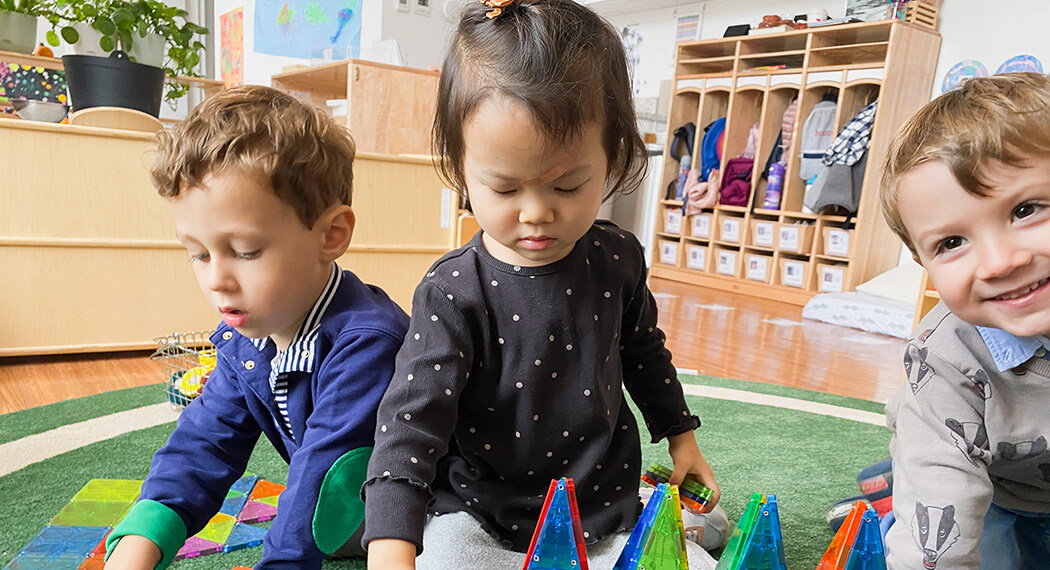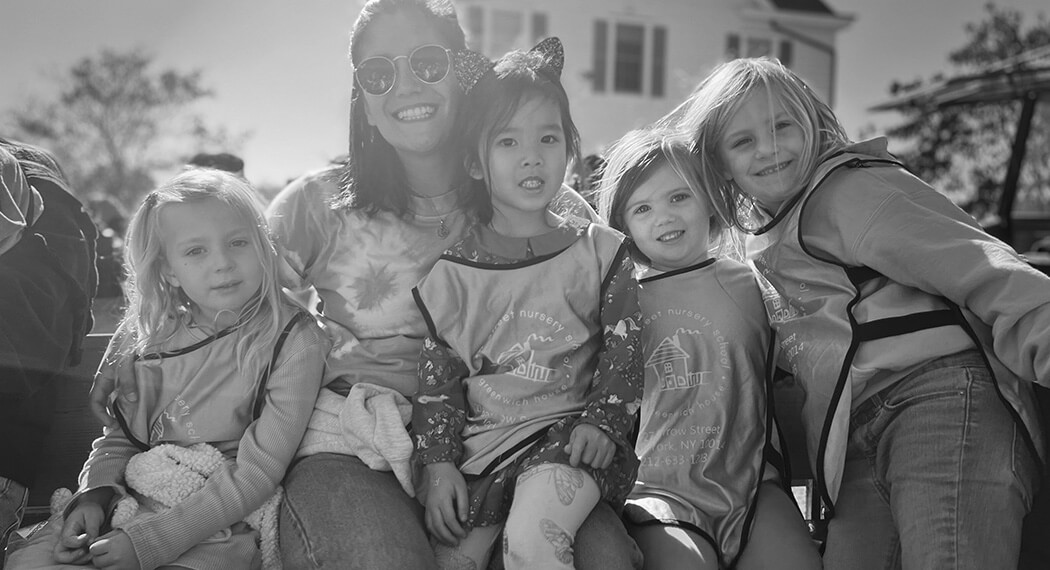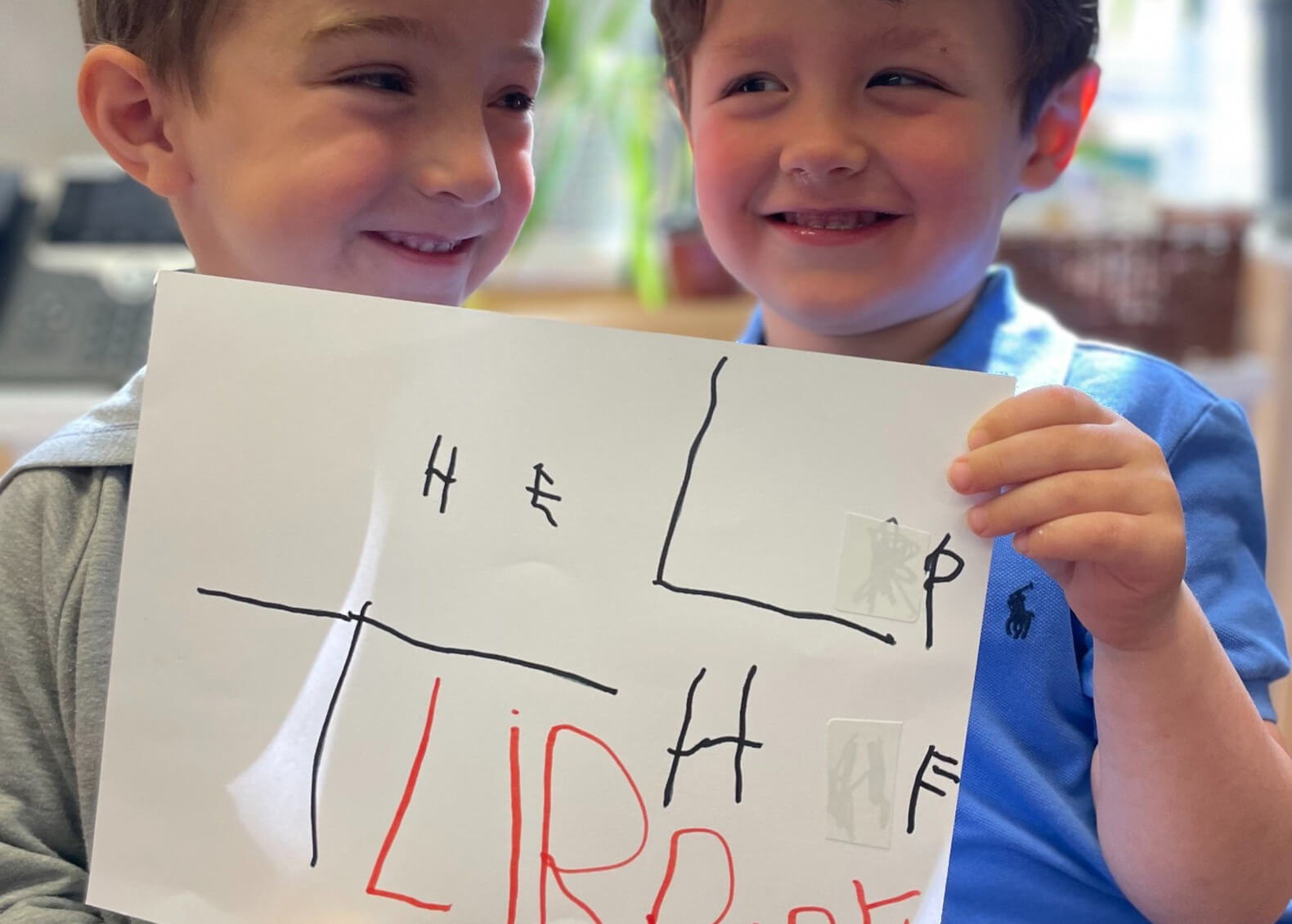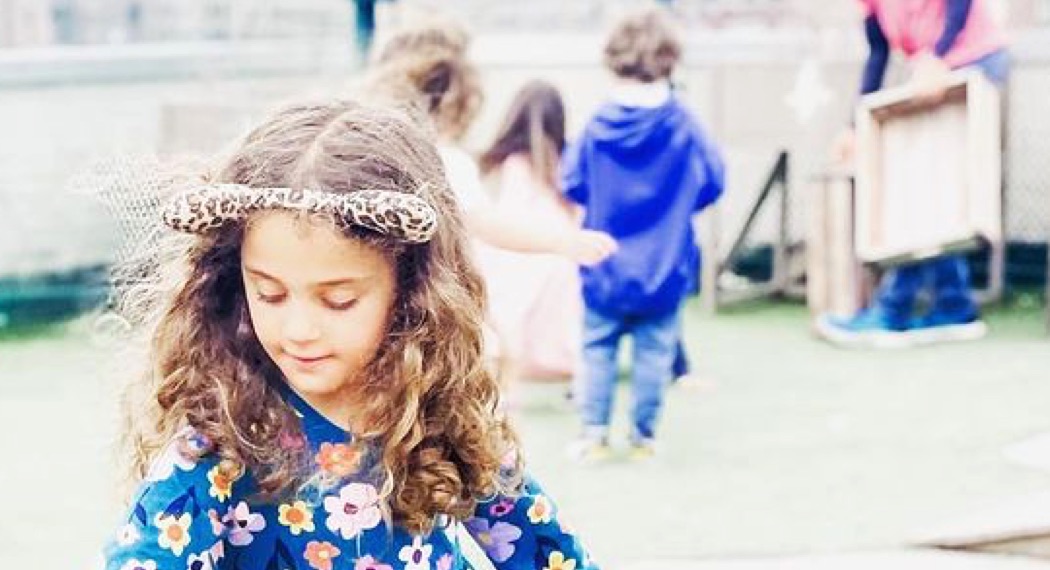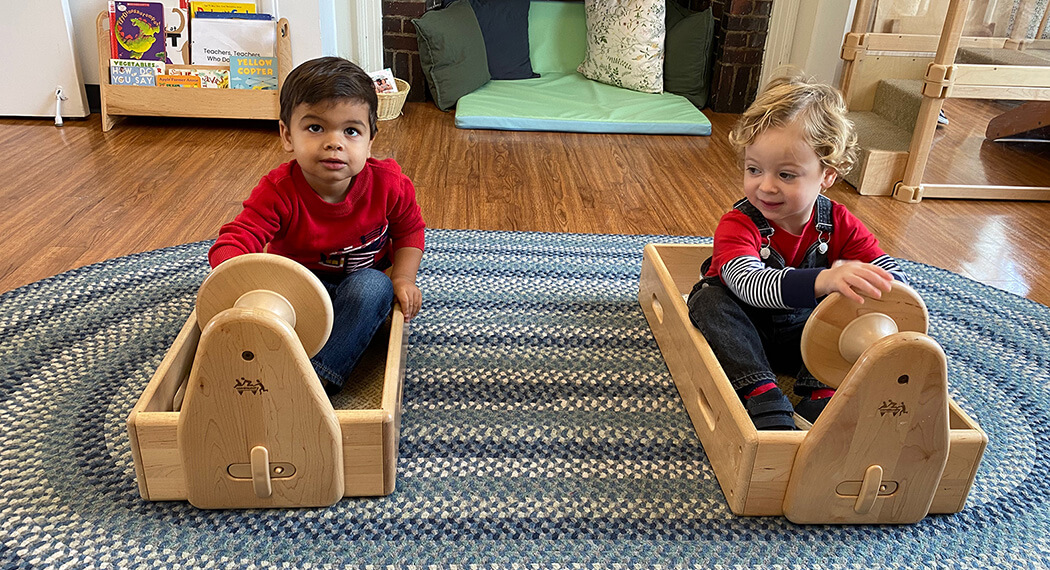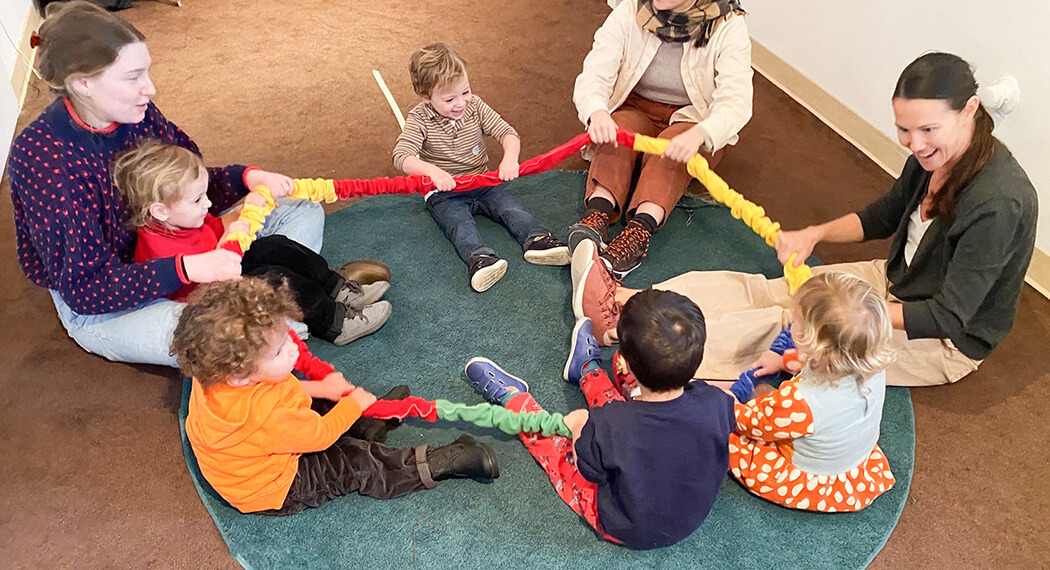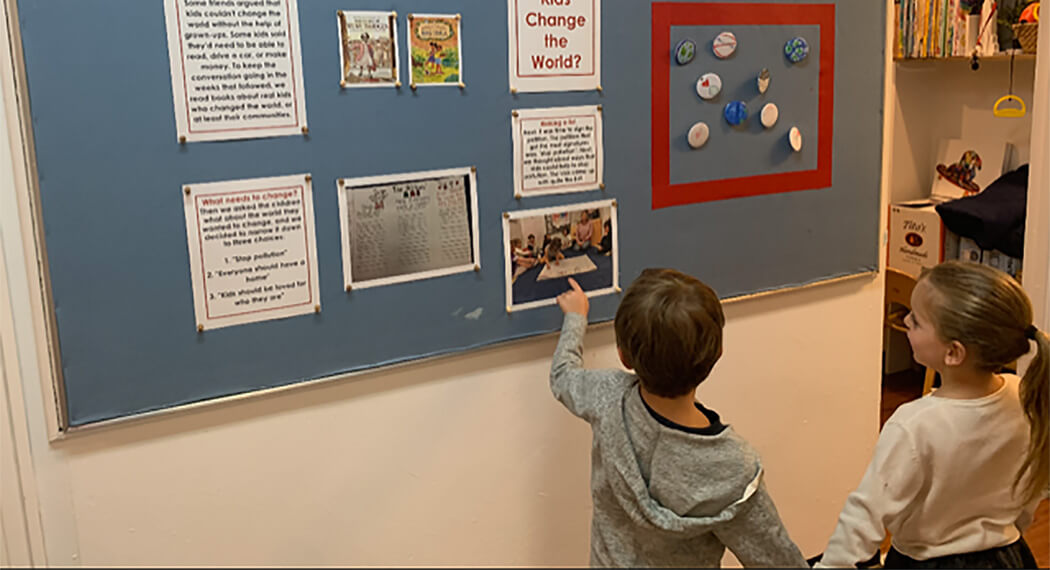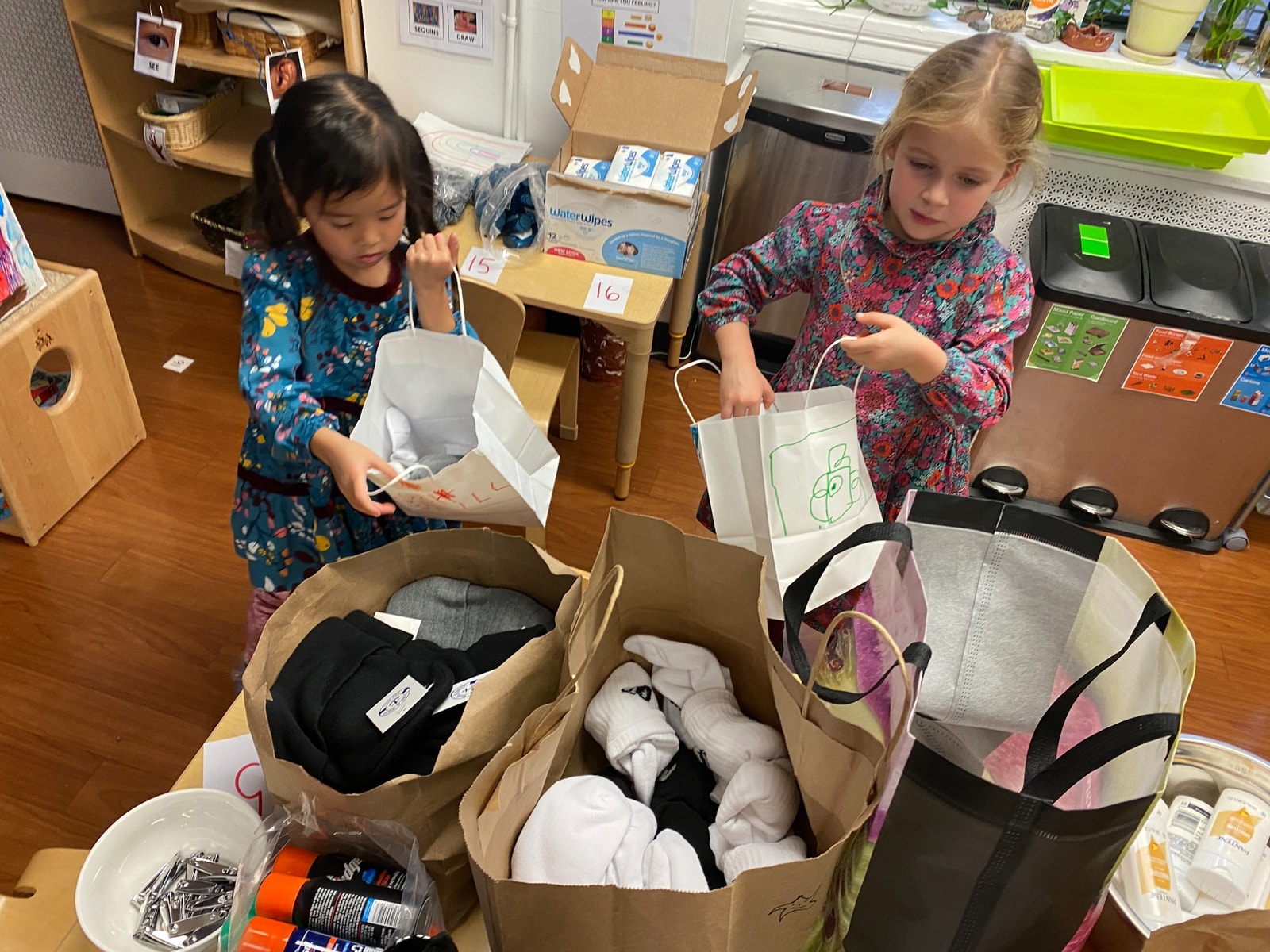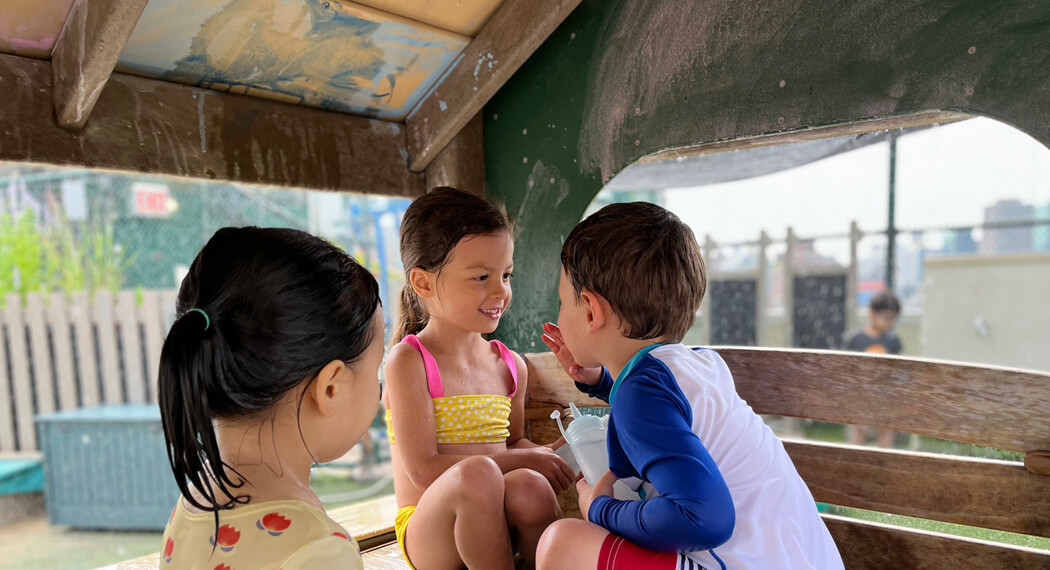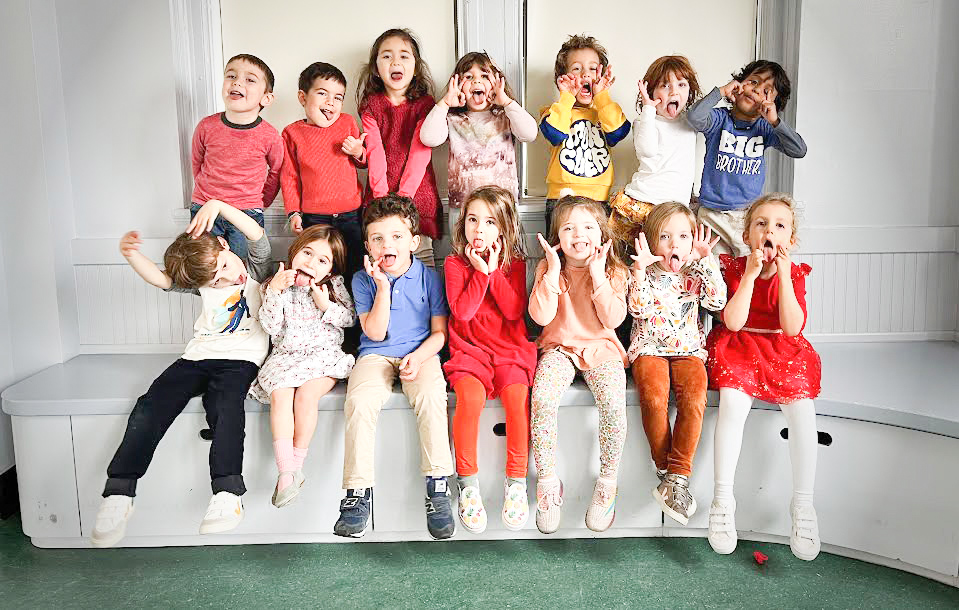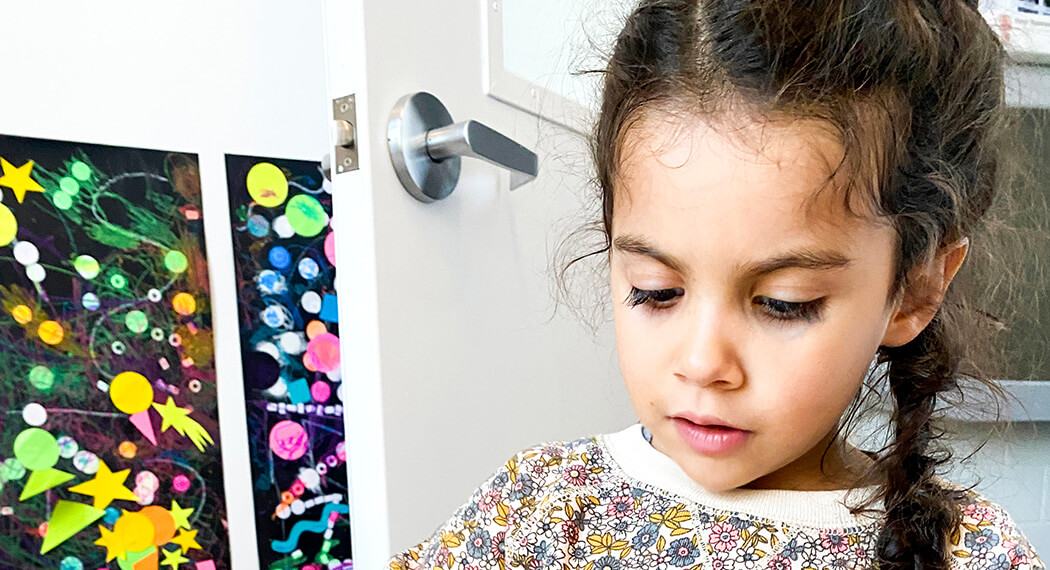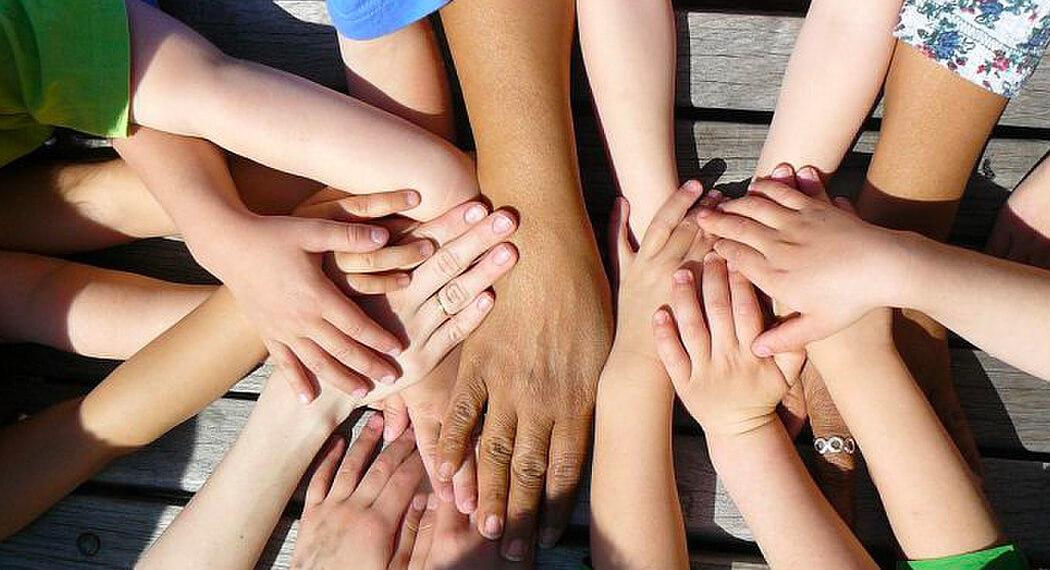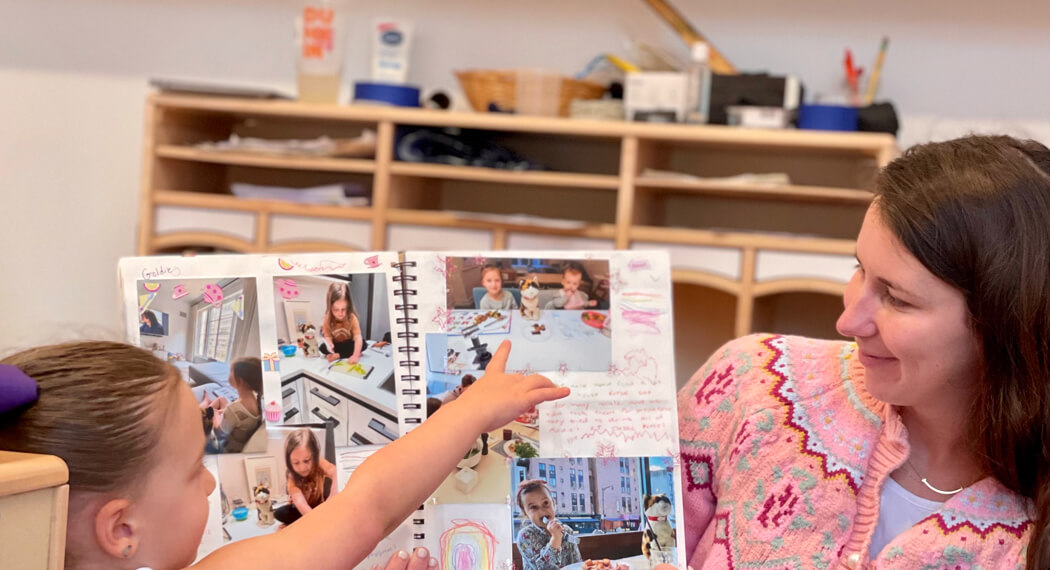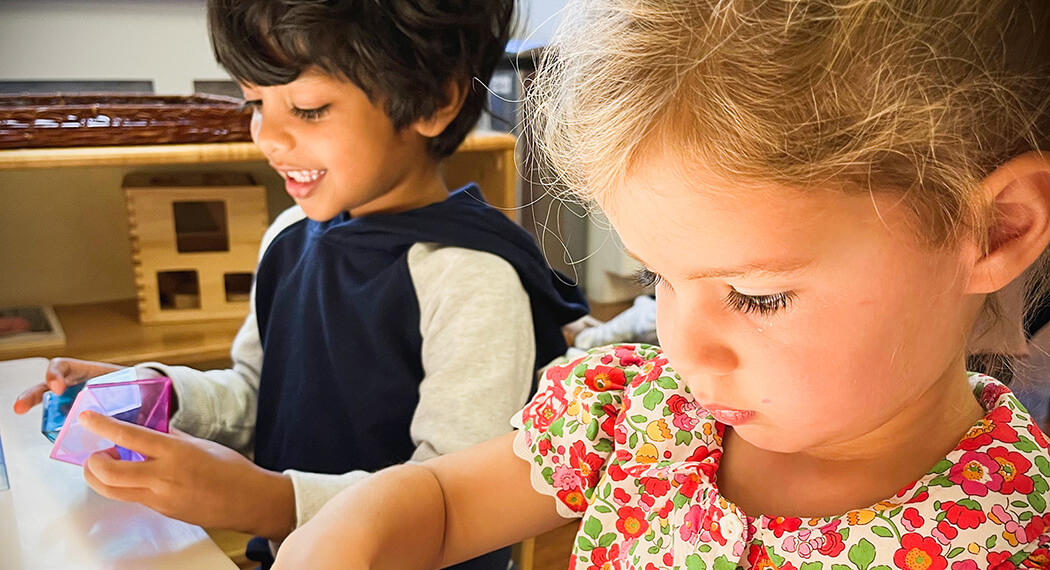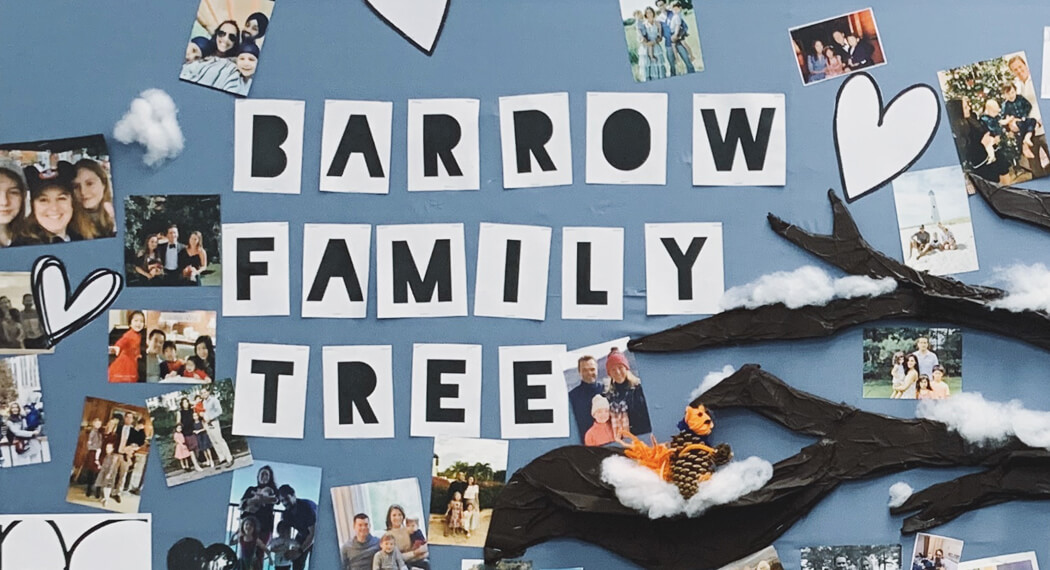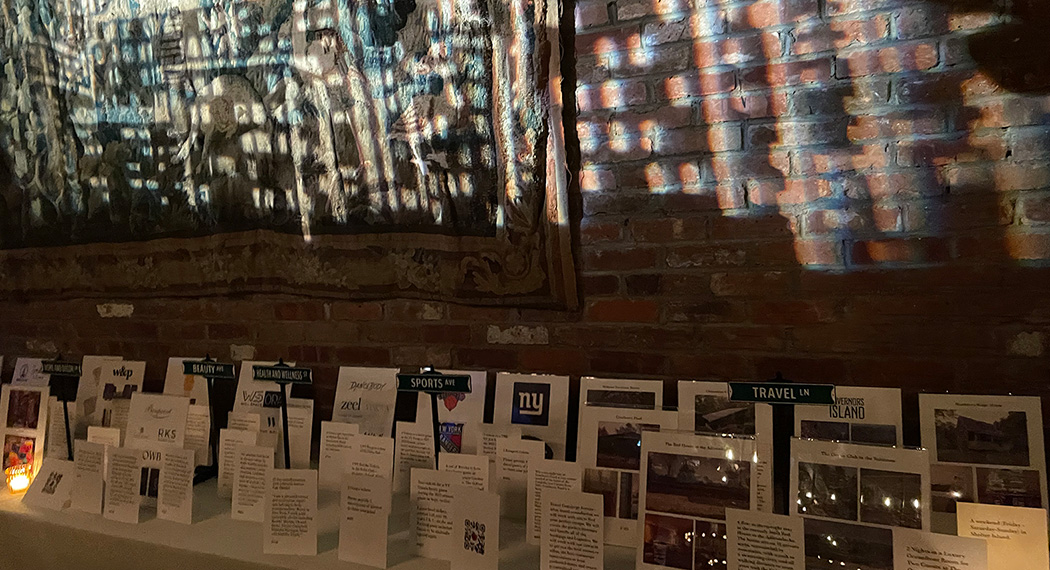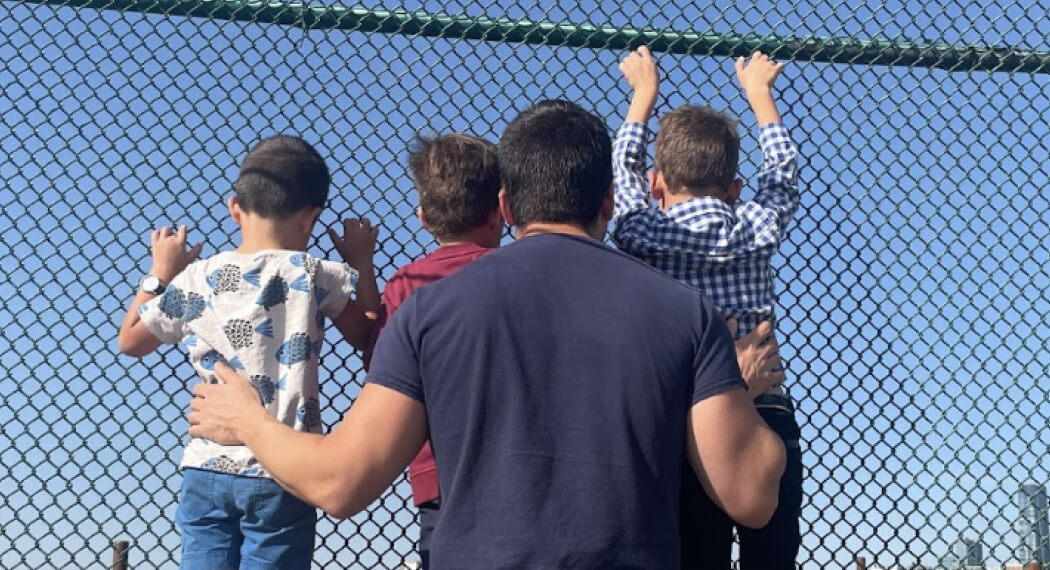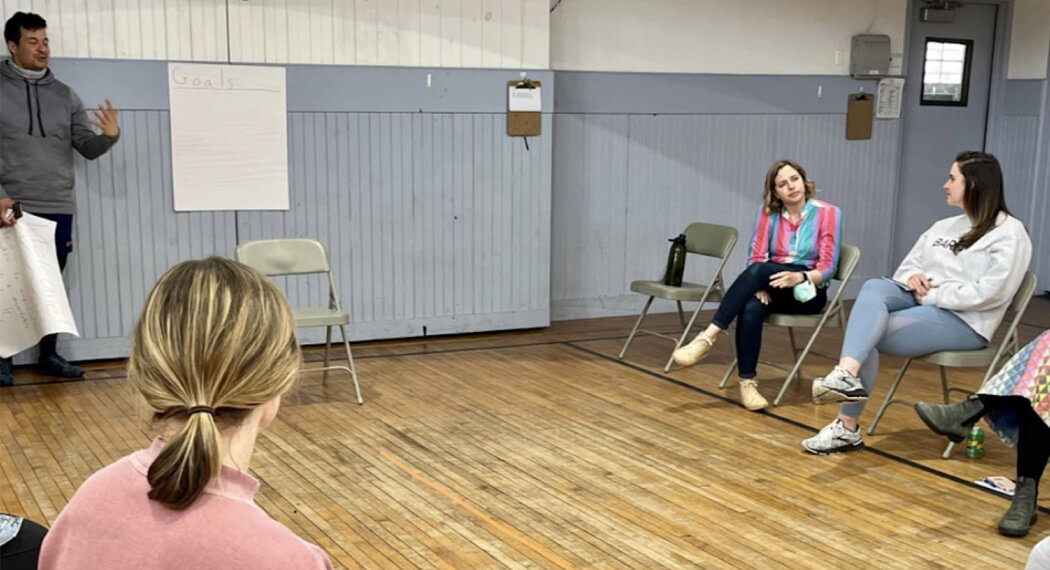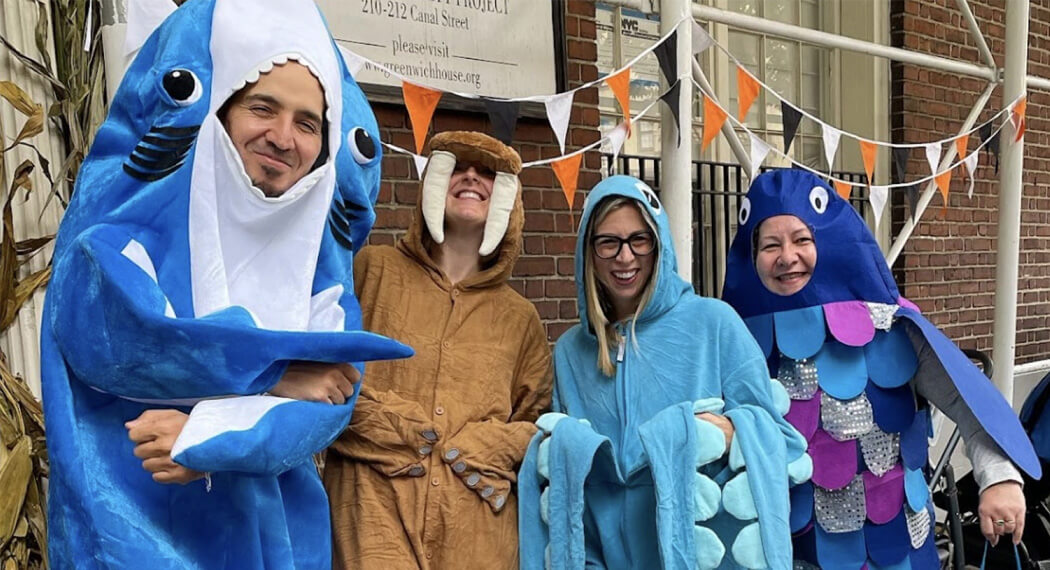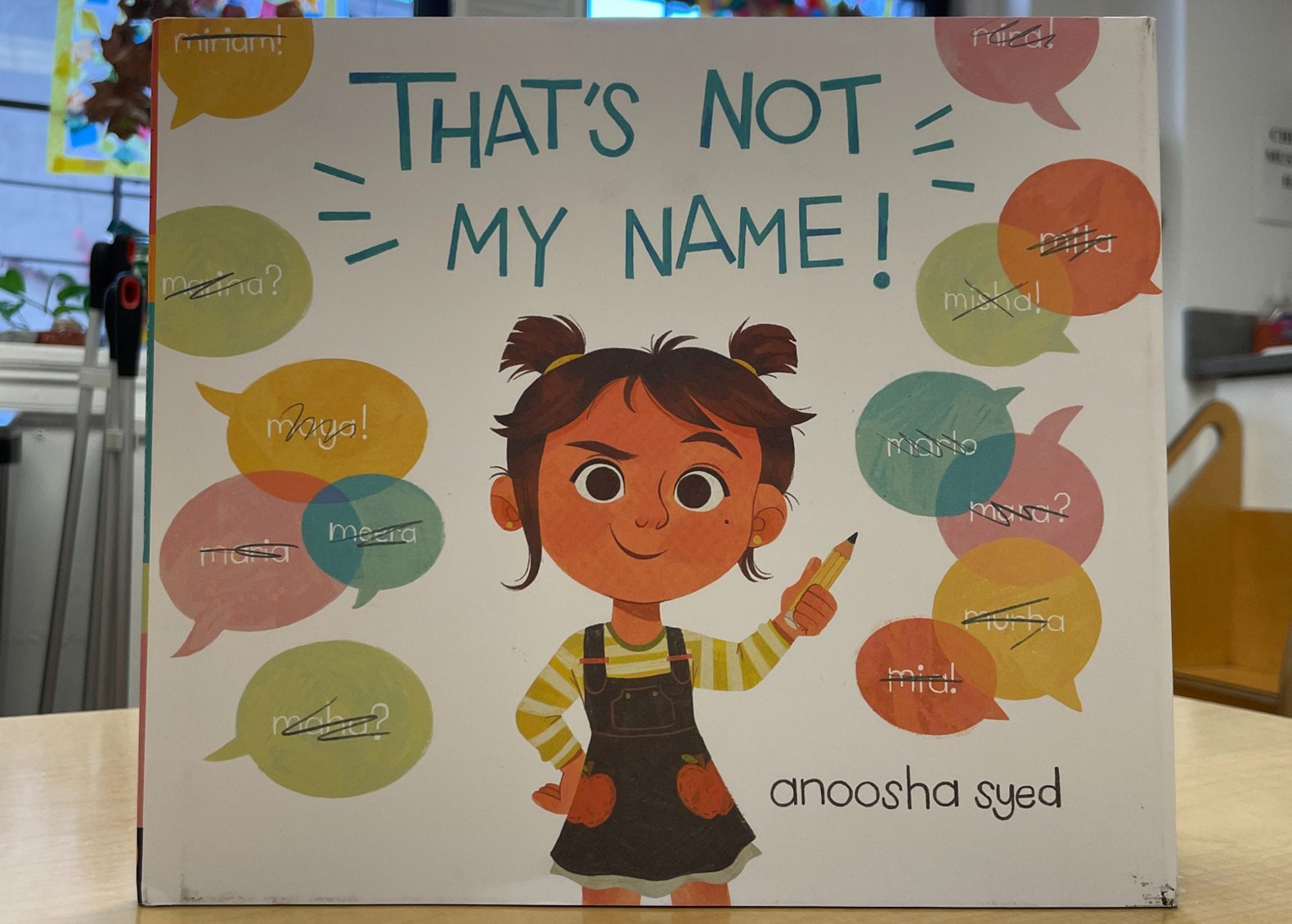For those who weren’t able to join us last week for our first Social Justice Storytime of the year, don’t worry! Here is a recap of some key takeaways from our discussion after reading Anoosha Syed’s book, That’s not my Name!
Key Takeaways
Names are important & a huge part of our identity
Before reading the story, we practiced saying the main character’s name, Mirha (MIR as in miracle, HA as in haha!)
When learning a new name that is difficult for you to pronounce, it helps to find words that rhyme with it.
You can also, practice, practice, practice!
Mirha called her dad, “Baba” in the story. A lot of languages around the world call dad’s Babas. We have different names for different people we love/know. Names can be important in defining that relationship.
It can be painful if your name is repeatedly mispronounced
In the story, Mirha’s name was mispronounced a bunch and it made her angry. Another child told her she should change it to make it easier to say. This reminded us of the “Westernization” of Names – When immigrants come to the U.S., there is an expectation of acculturation — they will assimilate into this culture, take these names, act the same way we do. Aka, difference is not welcome.
Ways to stand up for yourself (and others) if your name (or theirs) is mispronounced
It’s not easy to tell someone they hurt your feelings. If someone mispronounces your name at school and it hurts your feelings, we can empower our kids to say, “That’s not my name.” We can also empower them to stick up for their friends by telling them that they can say, “That’s not X’s name,” if they hear it mispronounced.
Our personal connection to our names vary
Each person is different and may not care as deeply about their names as others. Sometimes, folks that immigrate to the US may change their names to a more Western name. Depending on the person, this may or may not be a difficult decision to make.
We may choose to go by different iterations of our name at different times of our life
The names we choose to go by in different settings might ebb and flow just like our identities.
Name stories are a meaningful way to nurture your child’s developing self-concept.
Does your child know the story of their name? If not, we encourage you to share their name story with them!

